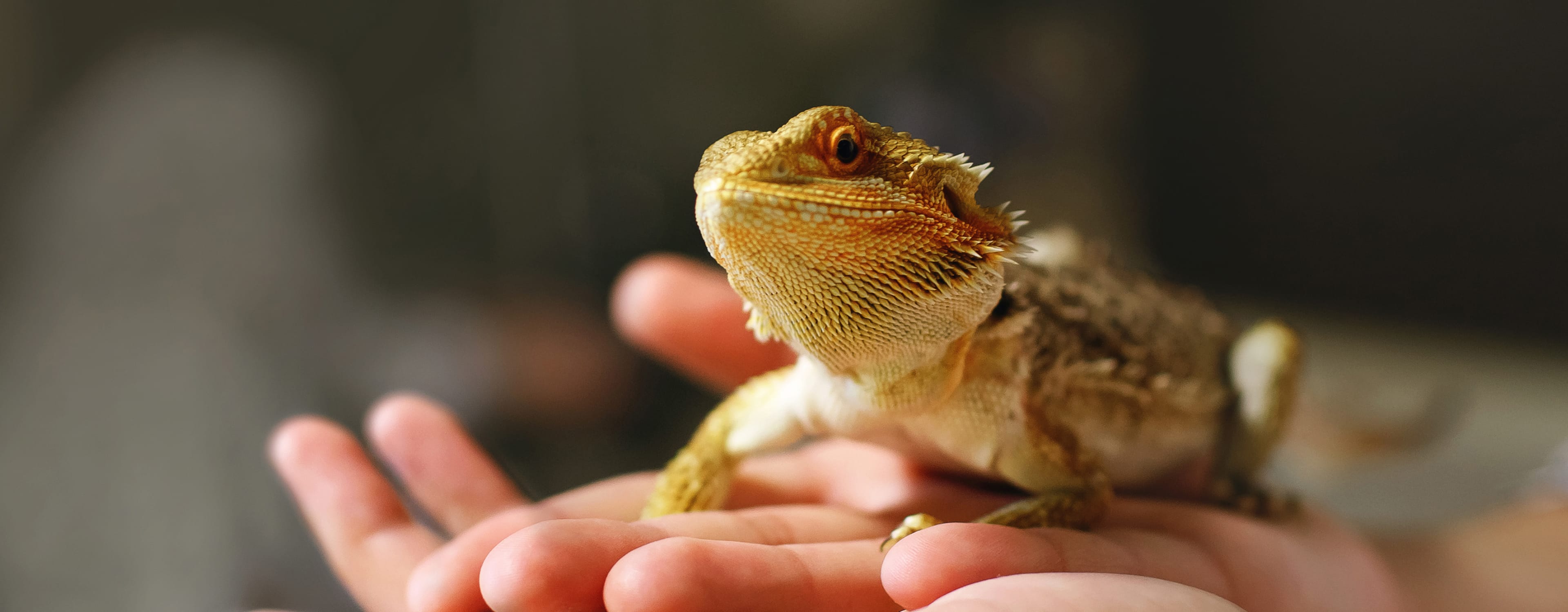- TV4 [channel 4 in Sweden] (2021) Website: https://www.tv4.se/artikel/6ALkwAeqi7Z4fFgCpdtIHY/larmet-allt-fler-kaniner-oeverges-och-dumpas Page accessed 2025-06-03.
- Regulations in Sweden; SJVFS 2019:15 no. L 80.
- Warwick C. et al. (2018) Exotic pet suitability: understanding some problems and utilizing a labeling system to aid animal welfare, environment, and consumer protection. Journal of Veterinary Behavior 26: 17–26.
- SVT [Swedish Television] (2018) Website: https://www.svt.se/nyheter/lokalt/skane/beslagtagna-djur-ska-omplaceras Page accessed 2025-06-03.

The pet trade
Animals living with humans should be treated as beloved family members according to the needs of the animals. Project 1882 urges everyone thinking of sharing their homes with animals to adopt homeless individuals from shelters or organisations instead of pet stores.
Project 1882 advocates for family animals by:
- Informing the public about the benefits of adopting homeless animals and spreading knowledge about the needs of the animals. Pet stores contribute to impulse purchases of living animals.
- Putting pressure on politicians and authorities in matters regarding family animals. For example, Project 1882 is pursuing the issues of introducing a positive list of which species are suitable to keep as family members and an end to the sale of animals in stores.
- Making it easier to find reputable organisations working to rehome homeless animals in Sweden.

Problems with the sale of animals
Impulsive purchases
Pet stores with animals and sales on internet contribute to impulse purchases. The low cost of animals such as fish and smaller rodents is problematic as it makes it easy to replace one deceased individual with a new one. The animals are often portrayed as easy to care for, which can be confused with it not being necessary to have knowledge about their needs when purchasing cages or aquariums. When it comes to fish, their care is actually highly complicated, as water quality, group composition, as well as the volume and setup of the environmental decor, all are important aspects for the wellbeing of fish.
Today, far too many animals get purchased without proper consideration. The family pet suddenly becomes a burden or an expense too great to handle. Dogs usually become homeless because of social causes, like a changed family composition, but other animals such as rabbits, rodents and exotic animals are all too often released into nature without the means to fend for themselves. This increased during the covid-19 pandemic.(1) If they are lucky, the animals are found by non-profit organisations with shelters, but often an uncertain future awaits them – with risk for suffering and early death.
Inadequate information
The information about the lives of each individual animal before they got to the store or the current owner, how they were raised and from where they come, is often lacking. They could have been imported from other countries or sold through distributors to the animal trade which in turn sells them to private customers. They could have been raised in unknown conditions, trafficked, transported and shipped from one place to another, potentially with a lot of animals losing their lives on the way. The person running the pet store is often required to undergo training in EU member states, but no such requirement to know anything about animals exists for the people working at the store.(2) Regrettably, this can lead to poor care in the store itself, or incorrect advice being given to buyers.
- If you suspect deficiencies in animal care at a pet store, report it to the competent authority or the police in the country.
- Don’t shop – adopt! There are so many homeless animals, and it can not be justified breeding animals for the pet trade.
Trade in exotic animals
In pet stores, one often sees exotic animals such as fish or lizards. Because exotic animals frequently come from warmer climates, they are in danger of failing to thrive in northern European countries and it is difficult to recreate their natural environment.(3) Project 1882 advises against the keeping of exotic animals as family members and advocates a restriction of which animals are allowed to be kept in captivity – a so-called positive list. Few have sufficient knowledge about these species of animals to ensure optimal care for them.
Exotic animals such as lizards, amphibians and snakes are also likely to be wild-caught, trafficked or to be carriers of a disease. Wild-caught animals could have been transported to northern Europe under difficult circumstances and the methods of capture are sometimes very damaging for both animal and environment. In 2018, 900 reptiles and amphibians were found in very bad shape and it is assumed that they were partly destined for sale within Sweden.(4)
To be able to prevent the animal feeling unwell, it is also necessary that the caretaker of the animal recognizes and understands when the animal is showing signs of negative states like pain, fear or unhappiness.(3) This can be more difficult with exotic animals who have not been bred to live with humans, as opposed to, for example, dogs.
If you have sufficient knowledge, there are many homeless animals needing your help. Adopt instead of buying family animals from pet stores or breeders.
